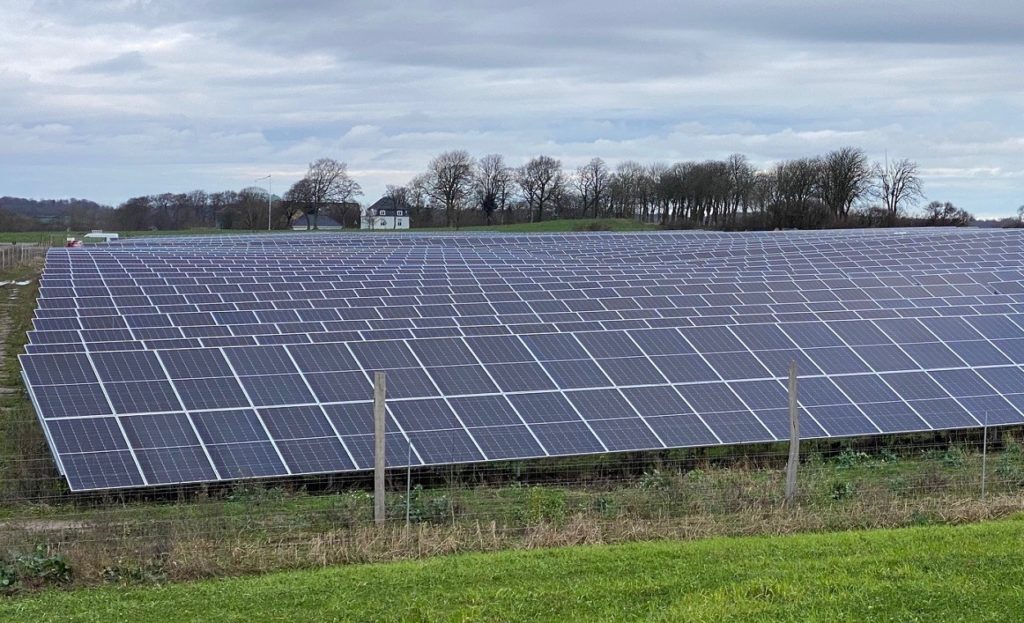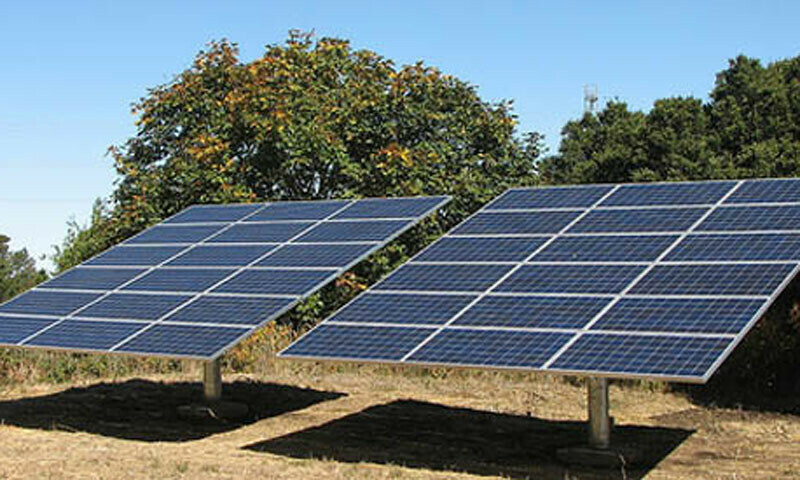A recent study sheds light on the viability of renewable energy as a sustainable substitute for diesel fuel at the South Pole. Scientists from the U.S. Department of Energy’s (DOE) Argonne National Laboratory and National Renewable Energy Laboratory (NREL) conducted a thorough analysis, delving into the feasibility of integrating renewable energy sources into the energy mix of the Amundsen-Scott South Pole Station.
Exploring Renewable Energy Prospects
The Amundsen-Scott South Pole Station serves as a vital hub for scientific research in Antarctica, encompassing studies on climate change and cosmology. Presently, the station relies solely on nonrenewable energy, primarily diesel fuel, for powering equipment and maintaining warmth. However, the recent analysis suggests that renewable energy holds promise as a sustainable alternative.
Transitioning to Renewable Energy
Amy Bender, a physicist at Argonne’s High Energy Physics division and the paper’s corresponding author, highlights the initiative’s objective: to explore the feasibility of transitioning to renewable energy at the South Pole. By considering solar energy utilization during the austral summer (November-February), the study aims to significantly reduce diesel fuel consumption, thereby mitigating the station’s carbon footprint.
Tailored Energy Storage Solutions
Sue Babinec, program lead for stationary storage at Argonne, underscores the significance of specialized energy storage for renewable energy applications. Given the unique challenges posed by the South Pole’s environment, the study meticulously examines the battery requirements essential for reliable energy provision from renewable sources like solar and wind.
Cost-Effective Sustainability
Nate Blair, a group manager at NREL, emphasizes the economic viability and resilience offered by integrating renewable energy with existing diesel generators. The study’s findings reveal substantial cost savings, with potential long-term benefits outweighing initial investments.
Road Ahead: Challenges and Opportunities
Implementing renewable energy solutions at the South Pole necessitates overcoming logistical hurdles and infrastructure development. However, as Ralph Muehleisen from Argonne emphasizes, this endeavor signifies a significant step towards global decarbonization efforts. The study, supported by the DOE, underscores the potential of renewable energy to revolutionize energy practices even in the most remote and challenging environments.
Argonne National Laboratory continues its commitment to addressing pressing national issues through cutting-edge scientific research, driving advancements in renewable energy and sustainability.
Source:miragenews.com





